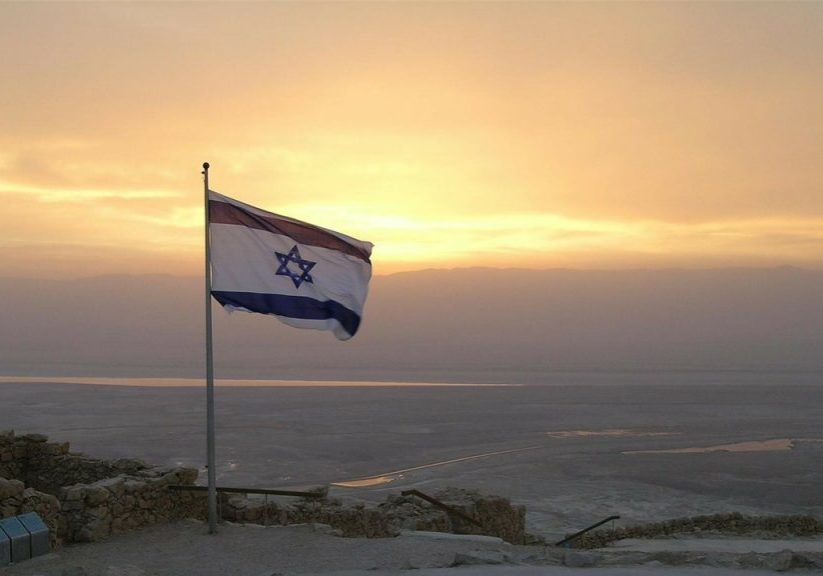
Audio: AIJAC’s Naomi Levin on Israel’s Nation-state law
August 10, 2018
AIJAC policy analyst Naomi Levin was interviewed for a report on Radio 2SER about Israel’s controversial new Nation-State law.

August 10, 2018
AIJAC policy analyst Naomi Levin was interviewed for a report on Radio 2SER about Israel’s controversial new Nation-State law.